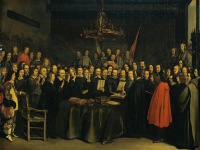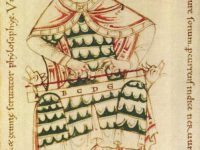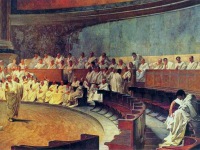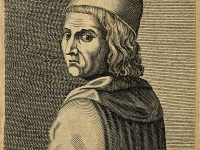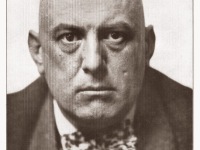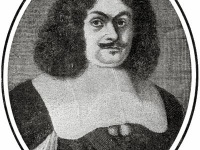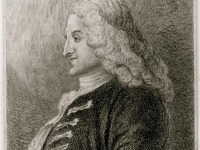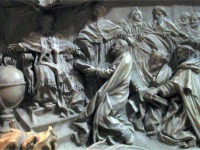Pablo Picasso – A Giant in Art
On October 25, 1881, famous Spanish artist Pablo Picasso, painter, sculptor, printmaker, ceramicist, and stage designer was born. He is considered as one of the greatest and most influential artists of the 20th century and is widely known for co-founding the Cubist movement, the invention of constructed sculpture, the co-invention of collage, and for the wide variety of styles that he helped develop and explore. “Cubism is no different from any other school…
Read more


